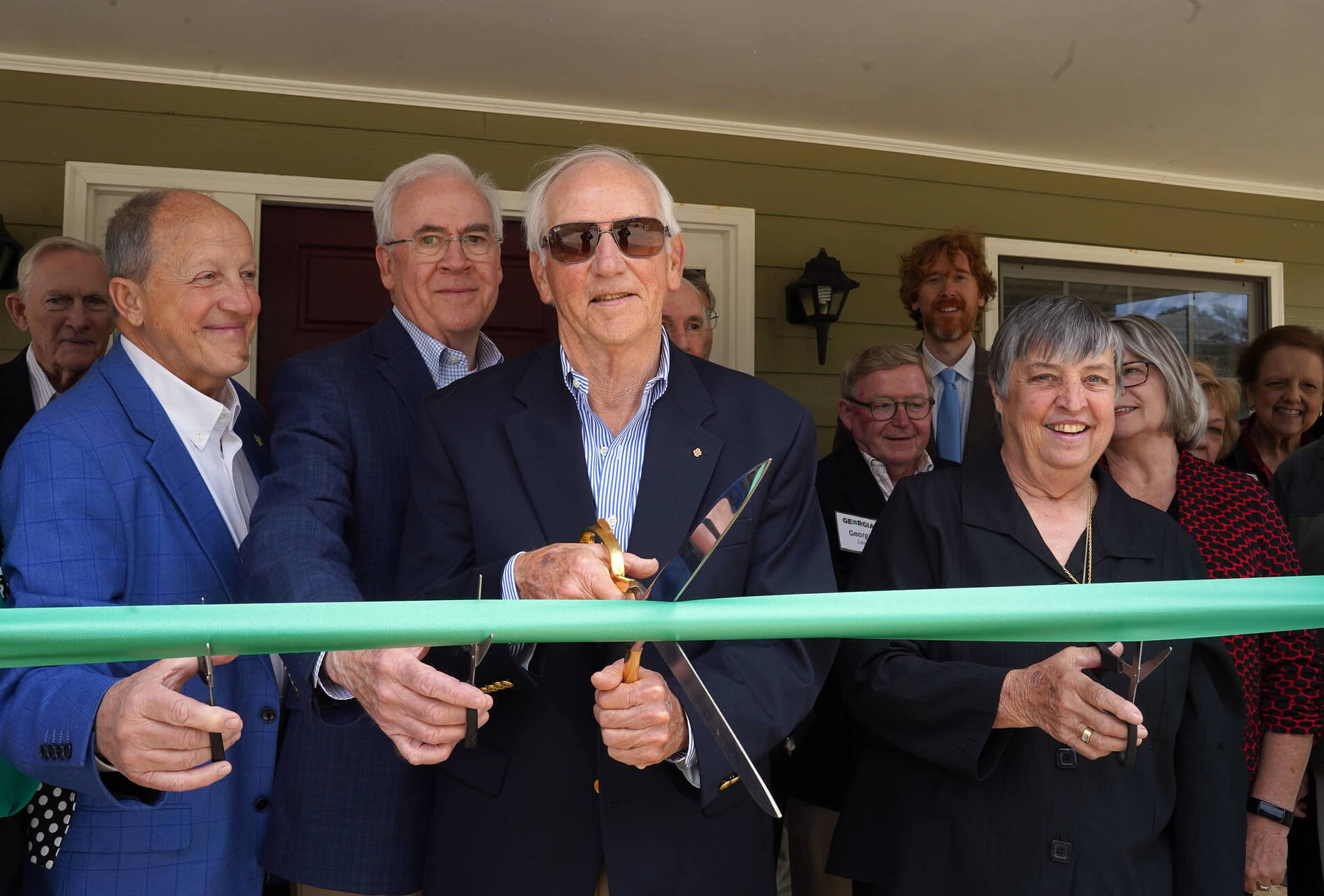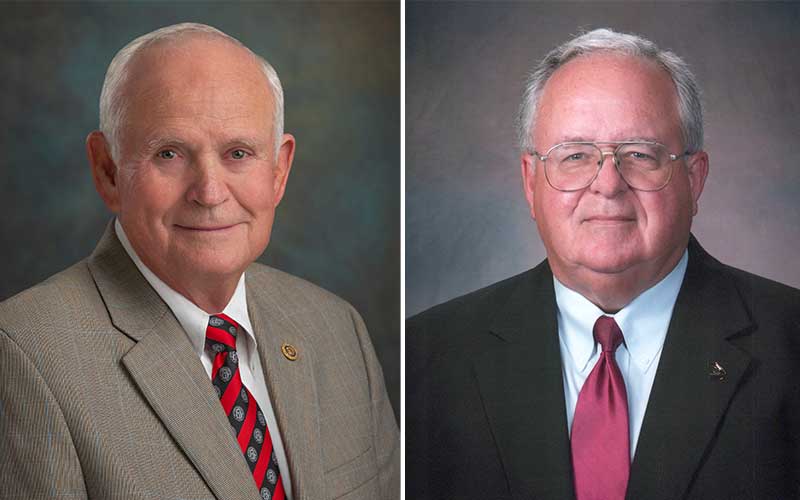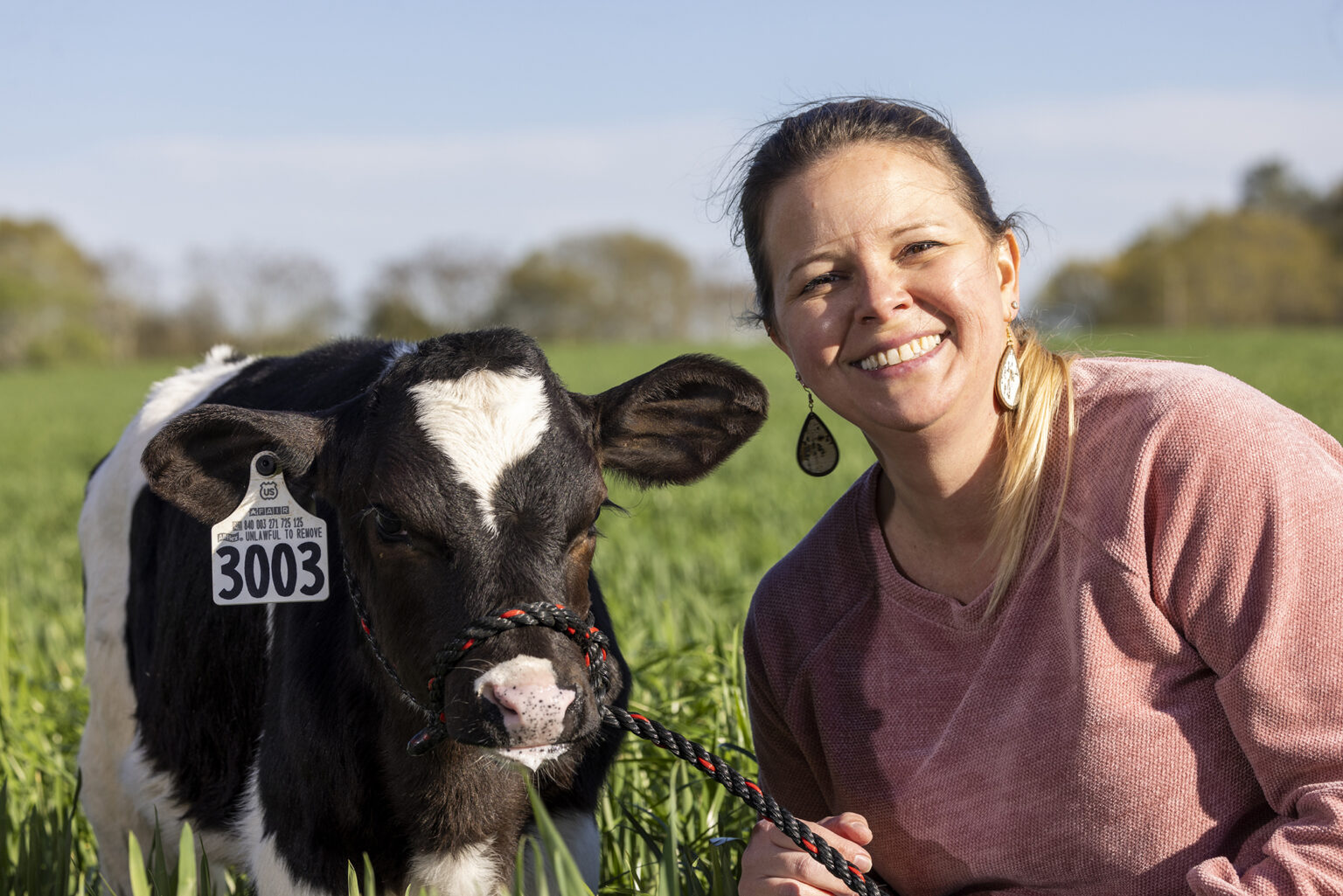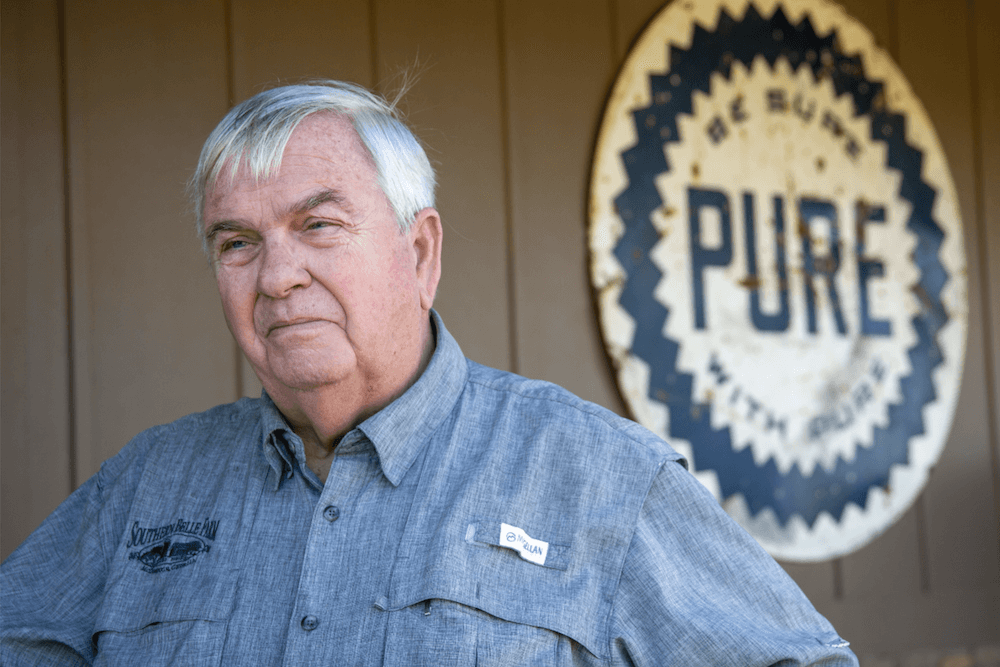 CAES News
CAES News
Jimmy Carter Jr.
A third-generation farmer, Jimmy Carter Jr. owns and operates Southern Belle Farm in McDonough, Georgia, with his son Jake, just as his father did with him a generation ago. But the operation looks a lot different than it did when Carter joined his father in business. The Carters have kept the family farm in operation for 85 years by consistently adapting and responding to changes in agriculture.

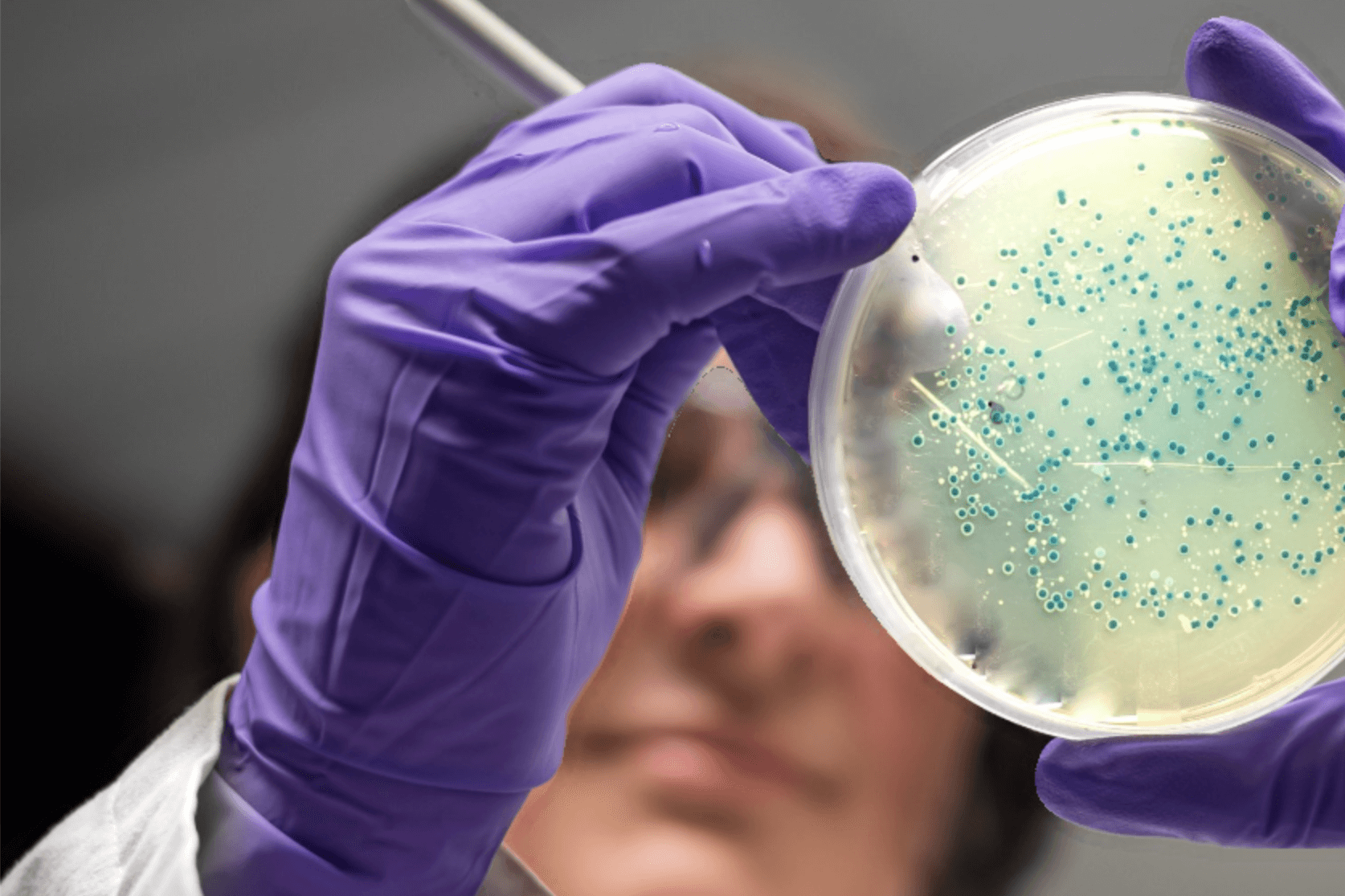
.jpg)
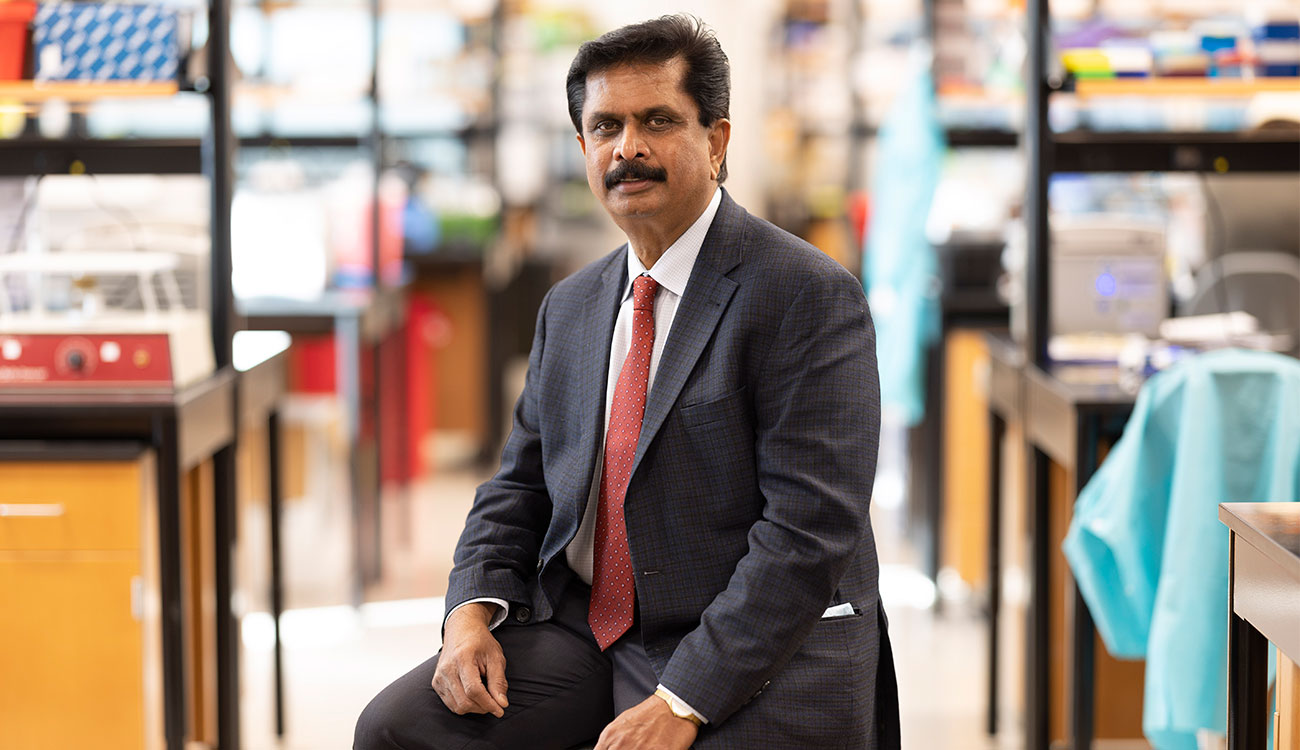
.png)
